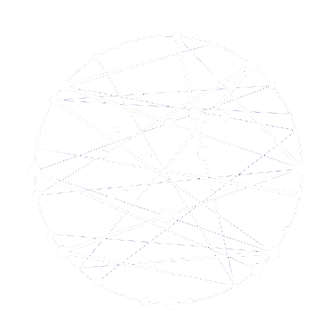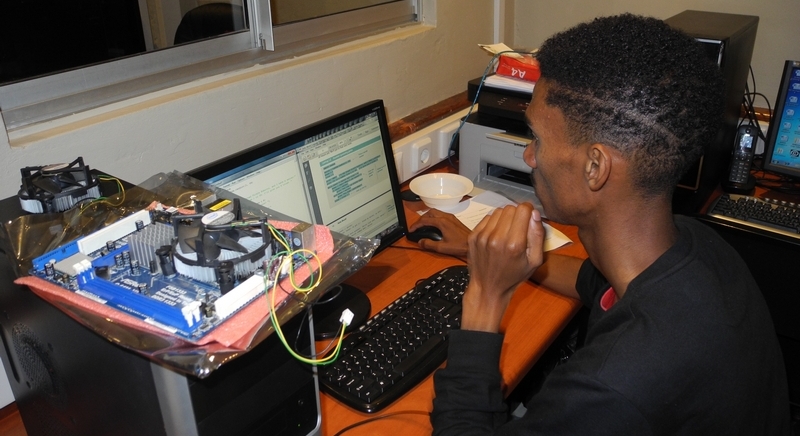


Welcome to a space where your skills are tested in ways that go far beyond the lab or classroom — where tech meets community, creativity, and systems thinking.
You might find yourself helping a rural school design a secure system for tracking student progress with intermittent internet access. Or building a lightweight mobile app that lets health workers in remote areas collect and share data offline. You could be prototyping dashboards that help small-scale farmers make better decisions using weather and soil data, or helping a grassroots organisation migrate from paper to digital workflows that save them time and money.
This isn’t charity. It’s development. It’s problem-solving with context, empathy, and impact in mind. It’s a space where your work contributes to local resilience, institutional learning, and inclusive innovation.
Here, you’re not just refining your technical ability. You’re learning to design for constraints, collaborate across disciplines, and ask better questions. You’re practicing the kind of leadership that starts with listening. And you’re discovering that the real value of your code lies in what it makes possible for others.
If you come, you’ll support and be supported by seasoned developers, problem-solvers, and change-makers using tech to make a difference.
Depending on your skills and the needs of the community, you’ll likely work on:
You might be helping an organisation go paperless for the first time. Or building a chatbot to answer common. Or designing a simple tool that turns an old smartphone into a mini-computer lab. Either way, your code will change lives — and not just your own.
While English is the language of instruction, data is the language of scale. And code is the language of systems. Whether you’re fluent in front-end, back-end, or somewhere in between, your skills give you a head start in turning good intentions into real-world solutions.
And don’t underestimate your “non-technical” skills. Tech isn’t just code — it’s creativity, clarity, and community.
Here’s where you’ll shine beyond the keyboard:
is using open-source tools like Google My Maps or StoryMapJS to help students map their communities, tell local stories, or visualise issues like access to water, clinics, or transport.
to teach basic electronics, diagnostics, and safe repairs using old phones, computers, or microcontrollers. It’s hands-on problem solving — and a way to build agency with limited resources.
by using it to understand and advocate around what affects communities — from tracking water quality or local clinic visits, to mapping illegal dumping sites or visualising load-shedding patterns.
because though people assume AI = cloud, an expert can teach about local inference, edge computing, or how to run lightweight models offline — which is huge for places with poor connectivity or data costs.